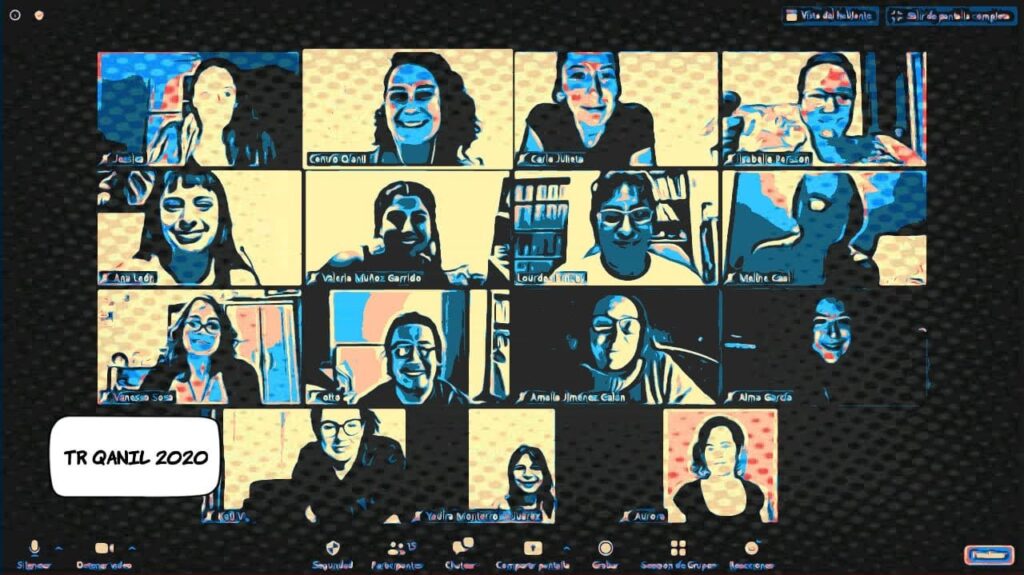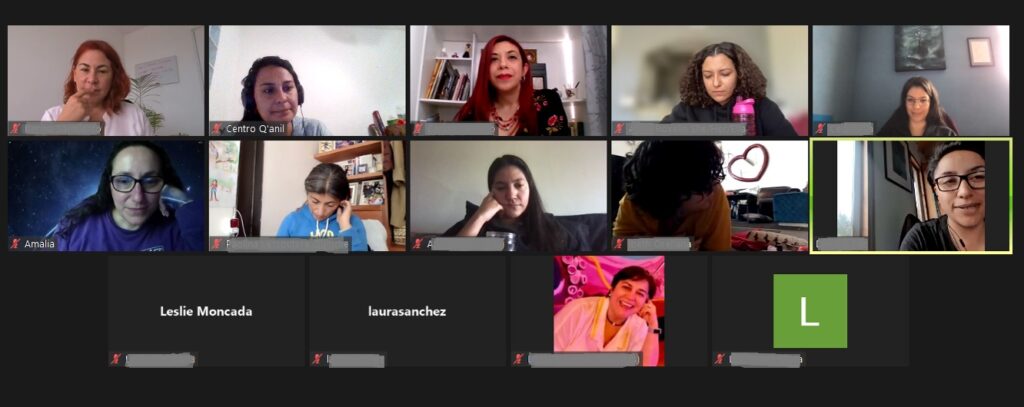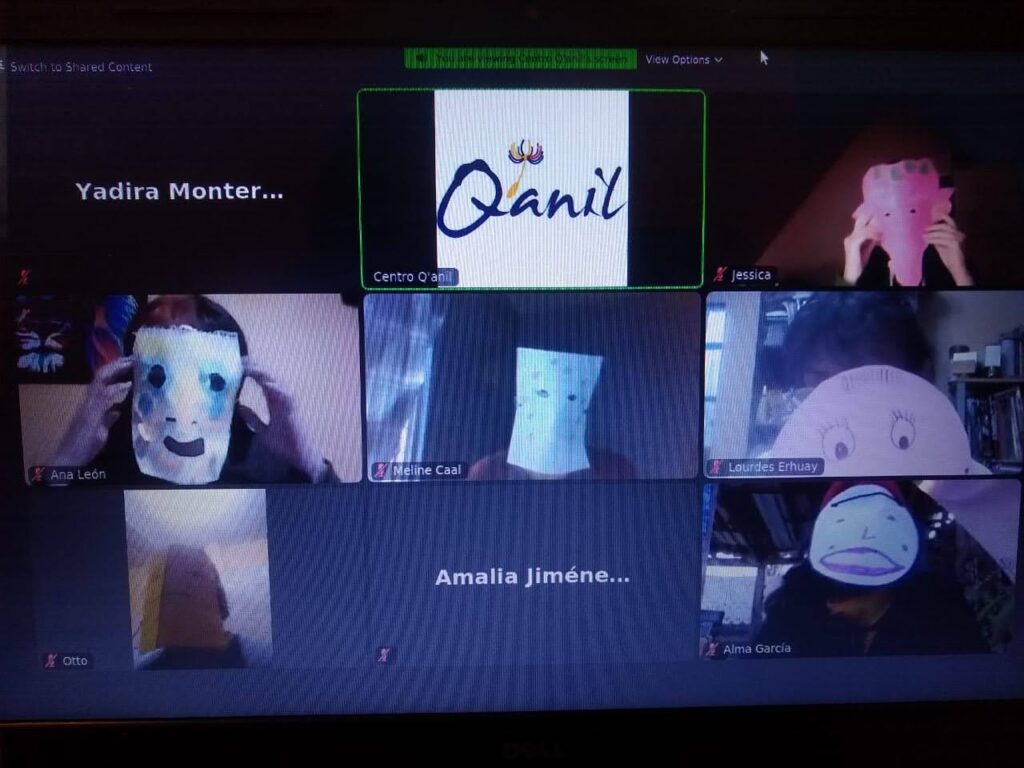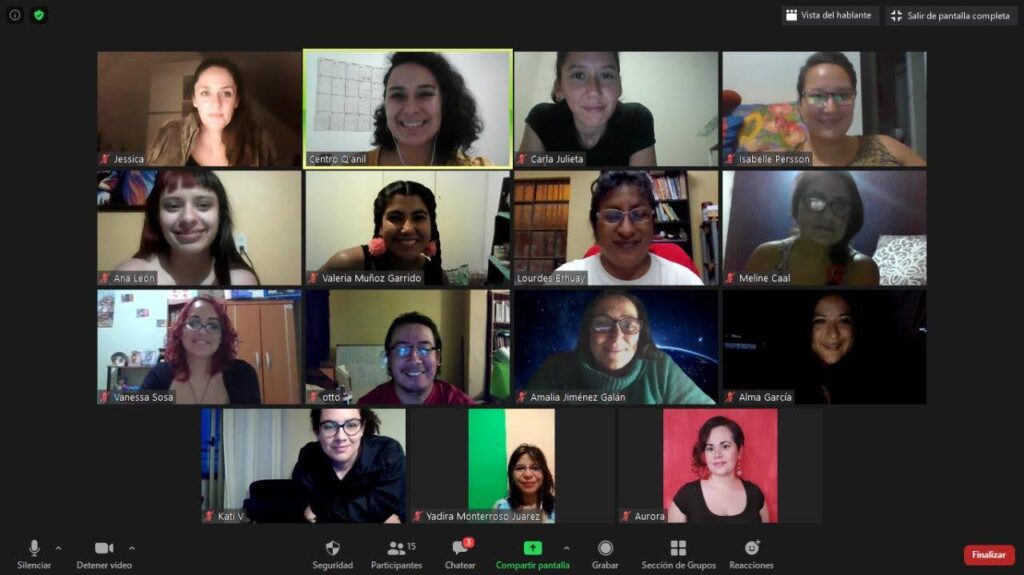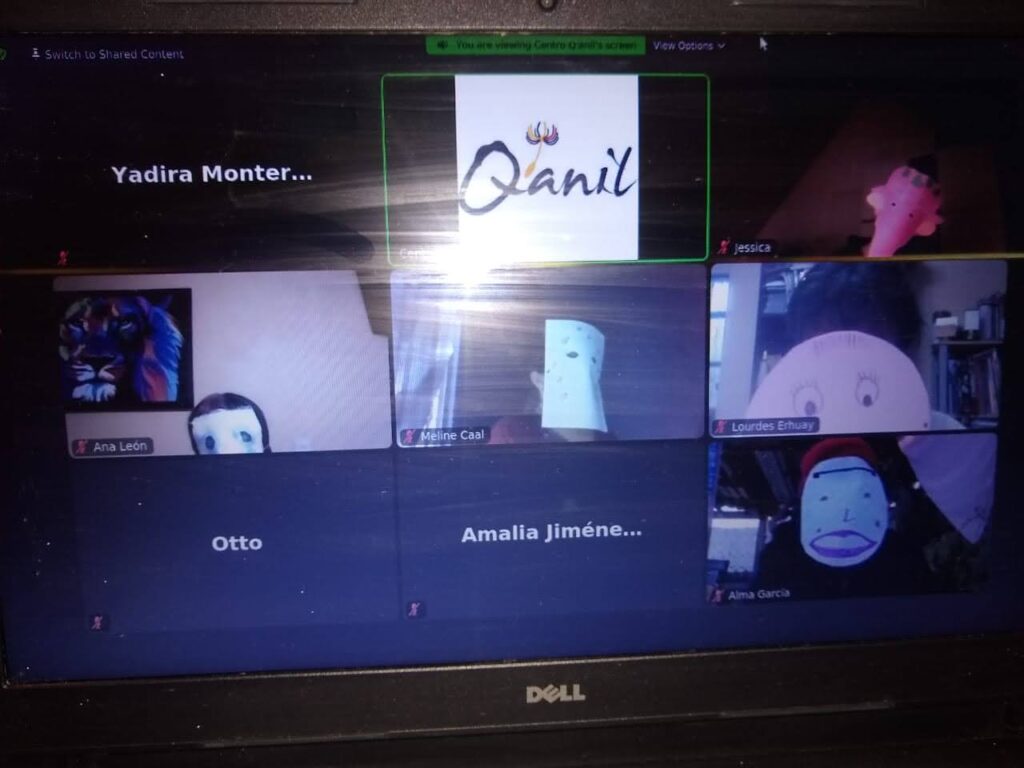Therapy of reunion
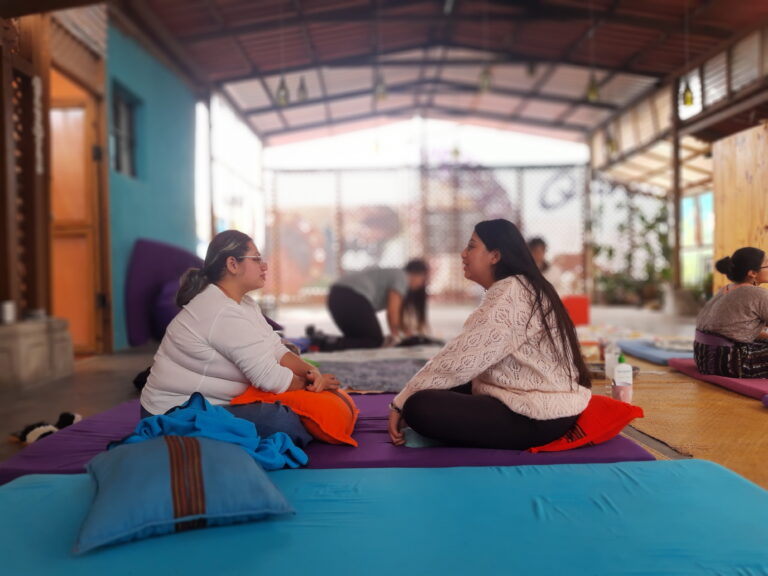
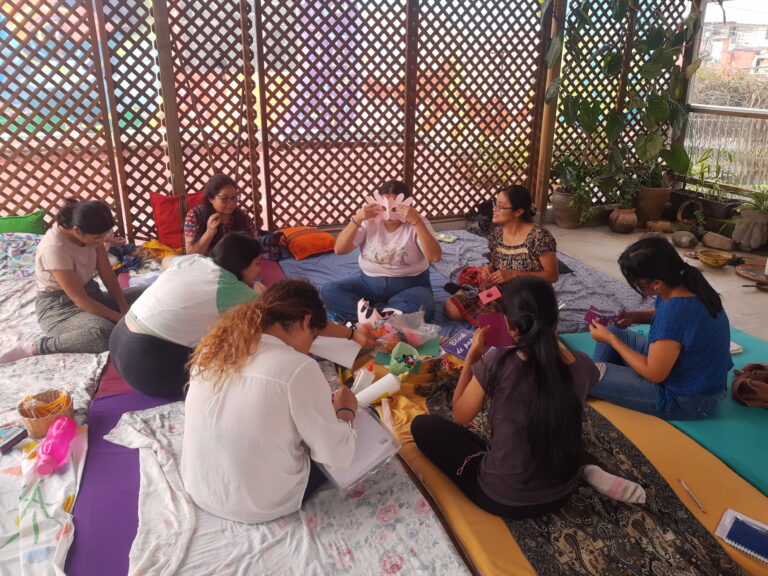
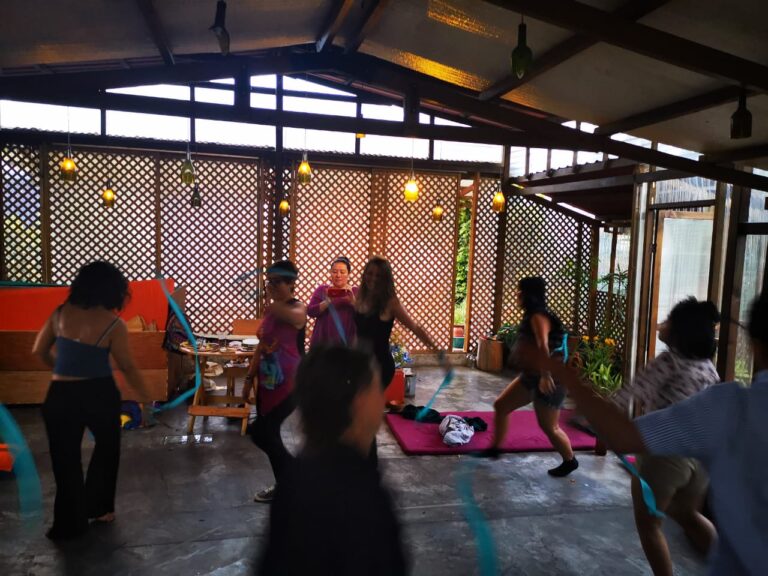
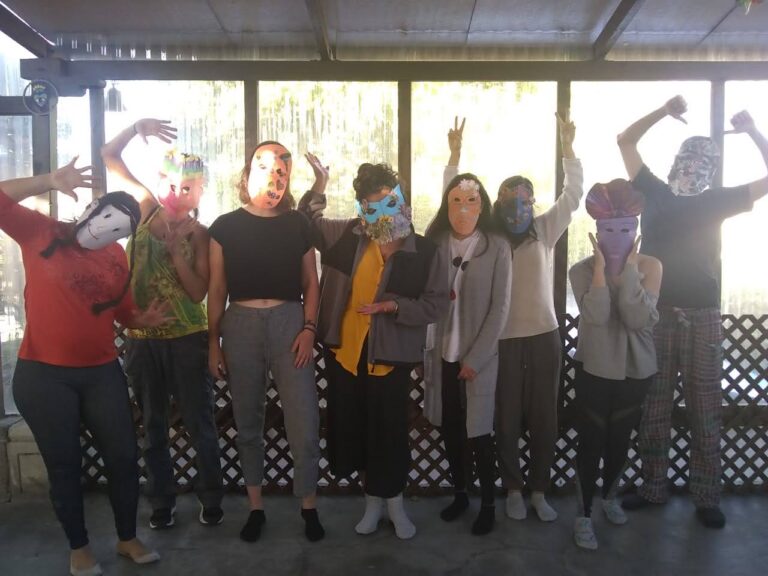
From a therapeutic approach to transpersonal, we worked on the opening and integration of awareness and healing through listening to the body. We're experiencing a process of reunion with our personal history-relational.
Exploramos las heridas que han quedado en nuestros cuerpos y nuestras vidas, como resultado de las violencias sistémicas que han sido normalizadas, para tomar conciencia de nuestro autoconocimiento, vínculos amorosos y de guiones o patrones. Aprendemos a recuperar la posibilidad de vincularnos desde el amor y el Buentrato, aportando con ello a sanar heridas colectivas. Trabajamos duelos.
All the processes that we encourage, develop in a continuous manner, that is to say that they reproduce year-on-year and are enriched with each new experience.
The team of companions of the processes face-to-face, and virtual organizations is shaped by:
Dayrin Chavez: Psychotherapist guatemalan humanistic approach, mind-body and transpersonal. In training in Body-Psychotherapy in the Human Development Center Yut O ntonal, San Cristóbal de las Casas, Chiapas. A psychologist from the University of San Carlos of Guatemala. In charge of the Accompanying Program, a therapist and a facilitator of Therapy of Reunion on several diplomats driven by Center Q anil. Part of the School of Companions of the Training Center-Healing and Research Transpersonal Q anil.
Yadira Monterroso: Pensum closed in Master's degree in Social Psychology. Latin american faculty of Social Sciences Guatemala - FLACSO. A degree in Psychology, University of San Carlos of Guatemala. Experience accompanying women survivors of gender-based violence. Therapist individual and group Training Center-Healing and Research Transpersonal Q anil
Alejandra Garavito-Aguilar: Chaperone therapeutics, movement artist, cultural manager. A degree in Clinical Psychology, with a focus on group meetings through various somatic practices. I am confident that you will find our own dance and creative energy, is a source of healing. Collectivize these discoveries triggered the roads to ourselves, to take up space and to enjoy(us).
Amalia Jimenez: A degree in Information Sciences from the Complutense University of Madrid. Specialization in Integrated Management of Processes of Communication from the Universidad URACCAN of Nicaragua; diploma in indigenous peoples ' rights by the Indigenous University Intercutural; graduated as a Companion of Survivors of Sexual Violence by the Center for the Q anil and the University Institute of Women of the University of San Carlos.
Nery Recinos Mazariegos: Social psychologist Community, University of San Carlos of Guatemala. In the process of training as a Therapist Reunion in Center Q anil Visual Artist and guidance Counselor. Diploma in Bodies, Erotismos and Sexualities in Center Q anil. Diploma History and Feminist Theory. Always looking for disidir.
Oneldy Ortega Barrera Therapist, Occupational, and Recreational. Social psychologist Community for the University of San Carlos of Guatemala. Diploma in Theory and History Feminist. A graduate of the Diploma Bodies, Erotismos and Sexualities. Companion Therapy Reunion in Center Q anil.
Face to face
A partir de un enfoque terapéutico transpersonal, trabajamos en la apertura e integración de conciencia y sanación mediante la escucha del cuerpo. Vamos viviendo un proceso de reencuentro con nuestra historia personal-relacional, explorando las heridas que hemos ido generando y naturalizando, para tomar así conciencia de nuestro autoconocimiento, de nuestros vínculos amorosos y del aprendizaje y reproducción de guiones o patrones de vida de maltrato, para poder despedirnos del sufrimiento y recuperar la posibilidad de vincularnos desde el amor y el Buentrato, aportando con ello a sanar heridas colectivas.
Momento de la Terapia de Reencuentro:
- Autoconocimiento
- Revisión de vínculos afectivos
- Revisión de los propios guiones de vida
- Trabajo inicial de duelos
Próxima fecha de inicio:
Sábado 31 de mayo de 2025
Duración: 6 meses, 11 sesiones
Un fin de semana al mes (sábado y domingo)
Horario: 9:00 a.m. a 5:00 p.m.
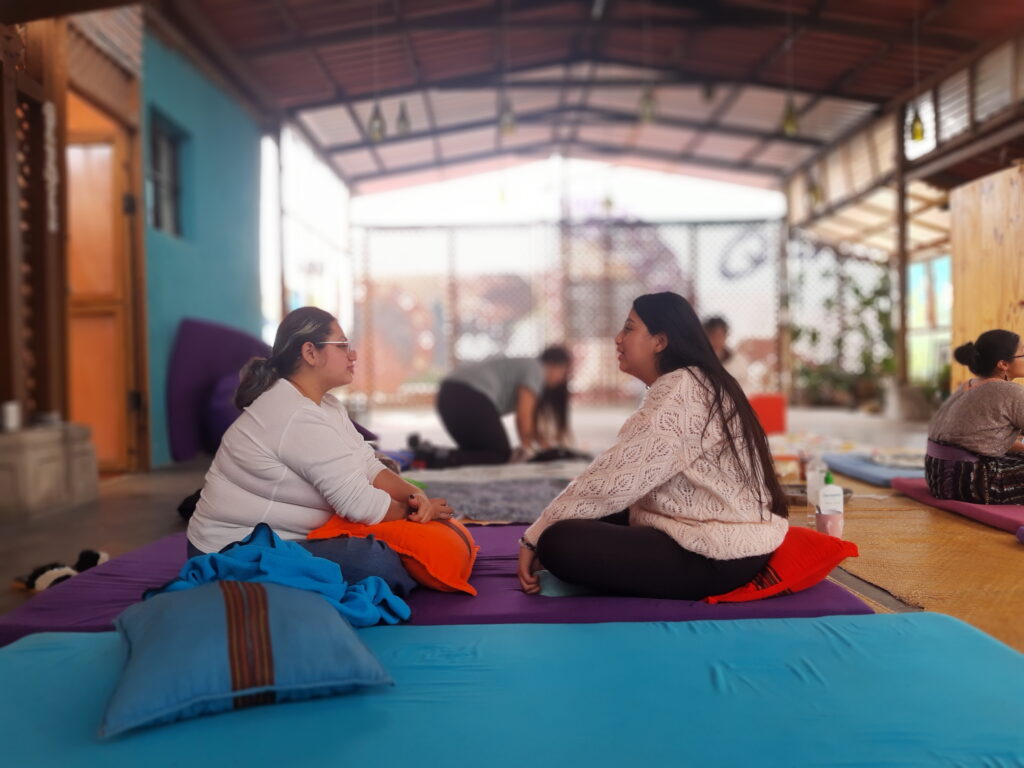
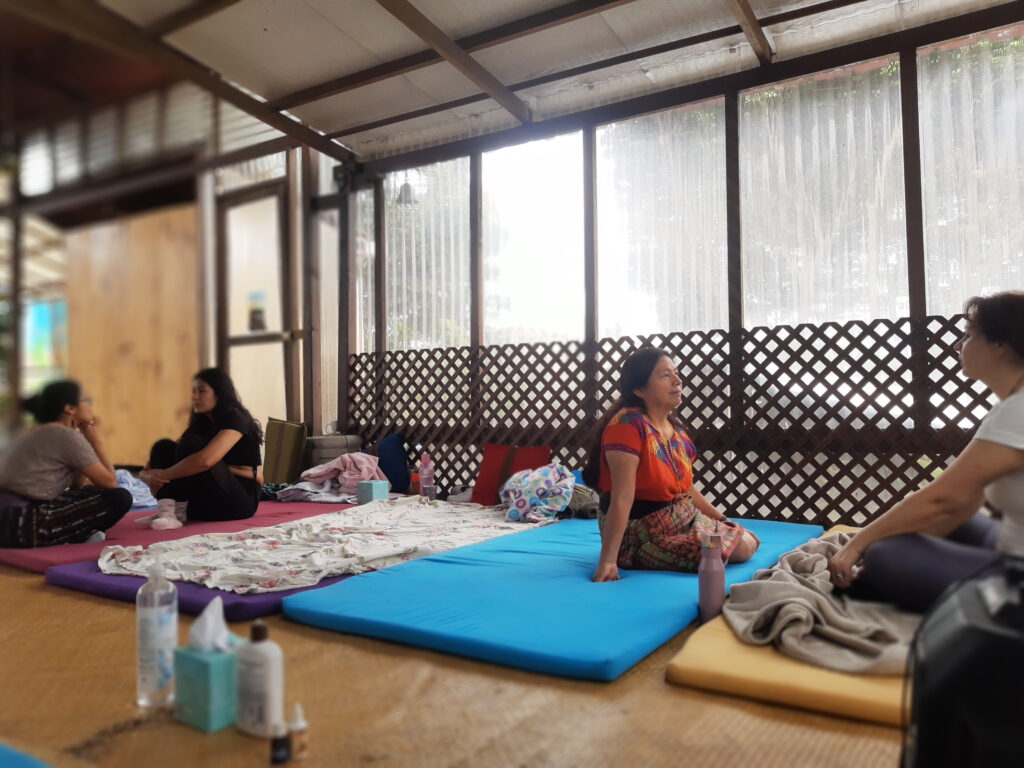
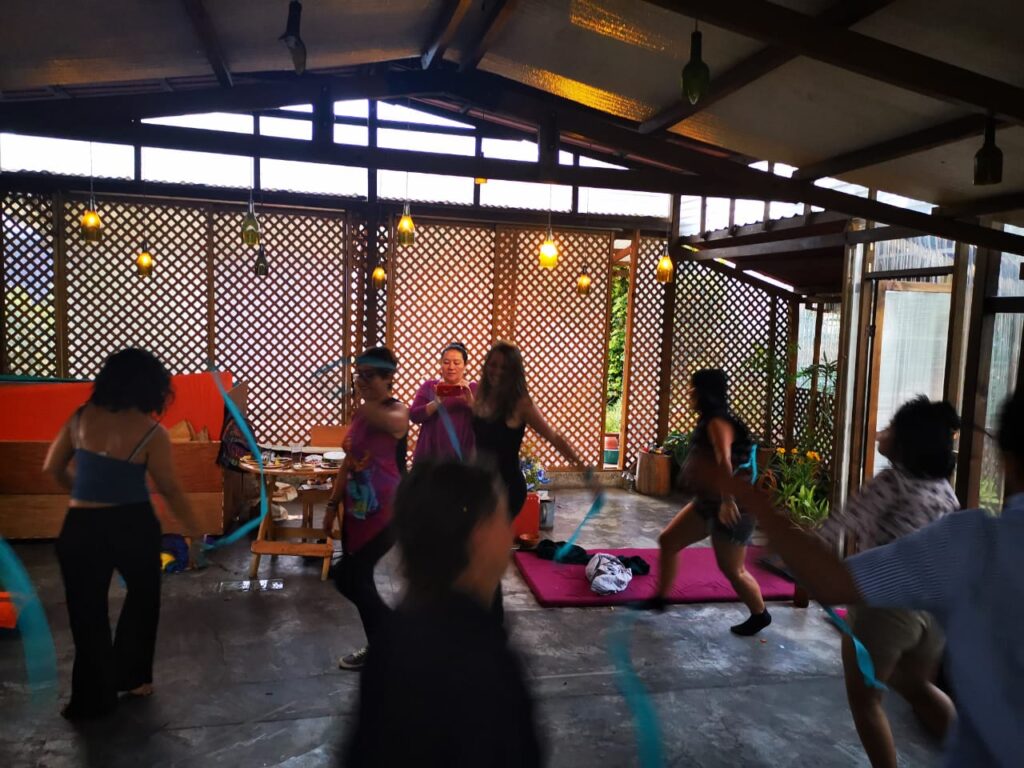
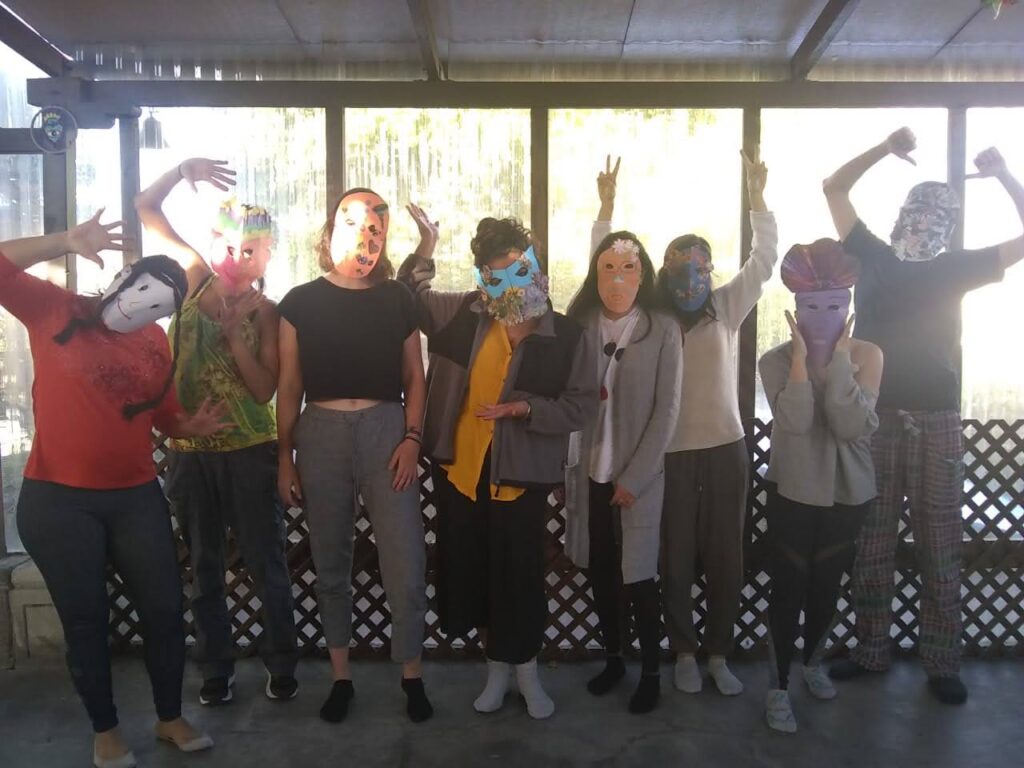
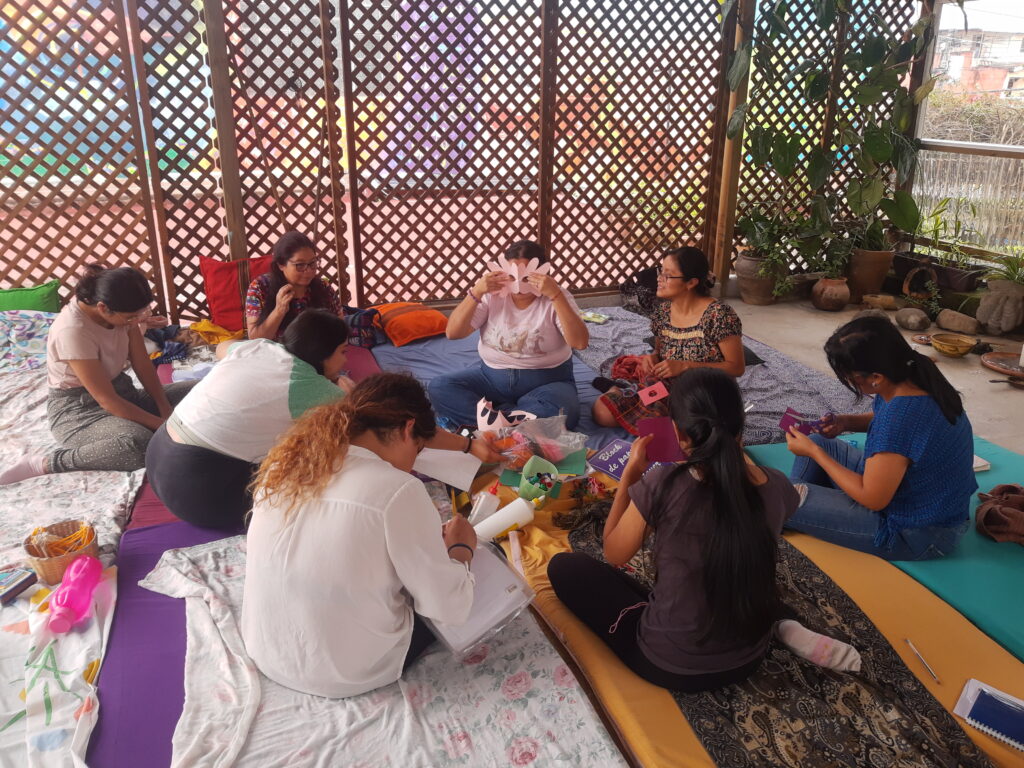
Virtual mode
Este proceso se dio en el contexto del confinamiento por la necesidad de la comunidad de Q’anil, actualmente se encuentra en revisión metodológica.
